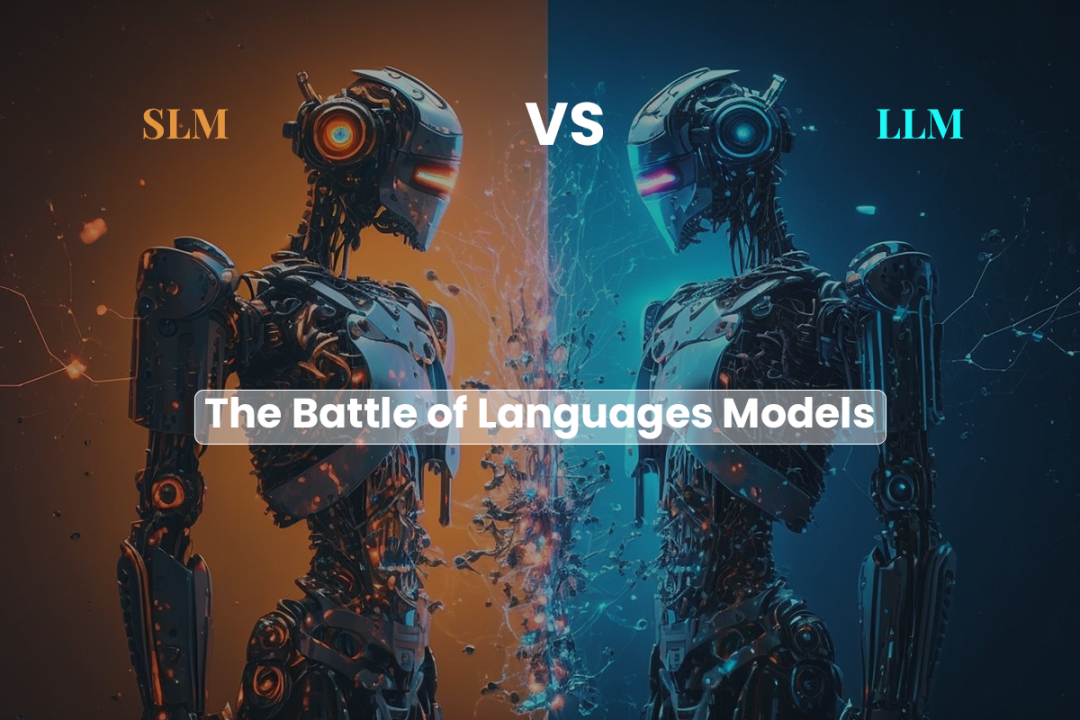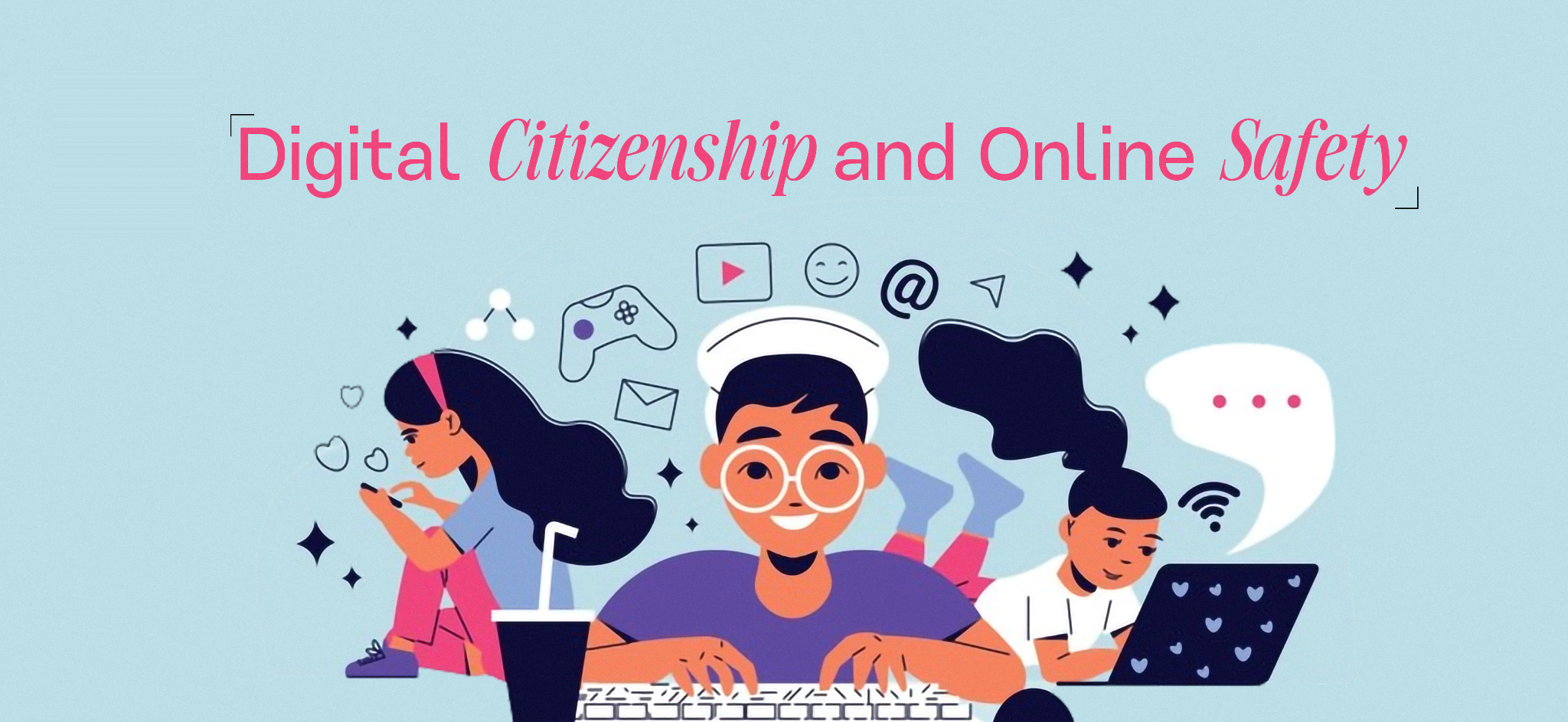The Dark Side of Artificial Intelligence Behind Its Huge Business Potential
Created On, 22 Oct 2024





A growing number of governments globally are adopting artificial intelligence (AI) technology with increasing confidence.
By 2018, at least 22 nations, along with the European Union, had introduced national strategies to integrate AI into business development, while many others put forward ethical guidelines for AI development.
Between 2016 and 2020, the European Union reported over 290 AI-related policy initiatives across its member states.
Most recently, Ireland unveiled its national AI strategy, "AI – Here for Good," aiming to position itself as a global leader in using AI to benefit its economy and society through a human-centered, ethical approach in AI development, adoption, and application. The goal will be achieved through eight policy directives, including enhancing trust and understanding of AI by using "AI ambassadors" who will spread the message across Ireland. Another aspect is promoting the use of AI by Irish businesses and government within a specific moral and ethical framework.
It is important to note that AI plays a crucial role for only a few digital platform companies, such as Google, Apple, Facebook, Amazon, and Alibaba—often referred to as GAFAA.
These companies gain significant advantages as key players because AI currently requires vast amounts of data. The more users engage with their platforms, the higher the profits they can generate from that data.
This gives an advantage to companies that are able to move early, allowing them to monopolize the market and prevent other companies from benefiting in the same way. These digital platform companies disrupt existing industries by pushing out their competitors.
These platforms also hinder the development of new businesses by acquiring startups that could pose a competitive threat. This behavior hampers innovation.
As a result, entrepreneurs increasingly find themselves compelled to compete on these platforms—like Amazon Marketplace. They may become targets of unethical practices, such as competitors posting fake product reviews, ambiguous and unpredictable policies from platform providers, and abrupt algorithm changes that affect their visibility to potential customers.
Welcome to our blog section where we share the latest updates, insights, and stories from our community.

Do you still remember Sophia the Robot? She frequently appeared on global tel..

Small Language Models (SLMs) are gaining popularity due to their resource eff..

Digital citizenship is the ability of individuals to use digital technology w..

